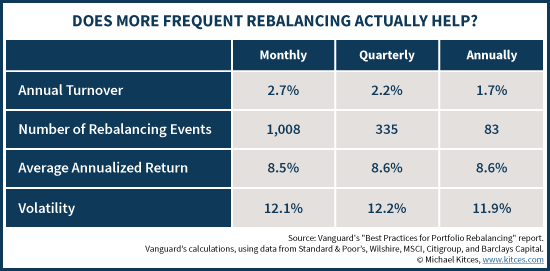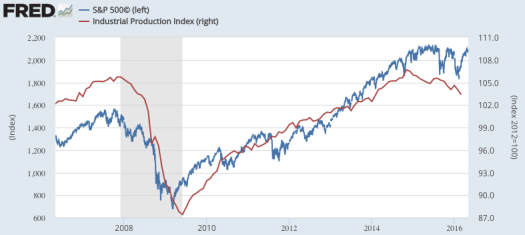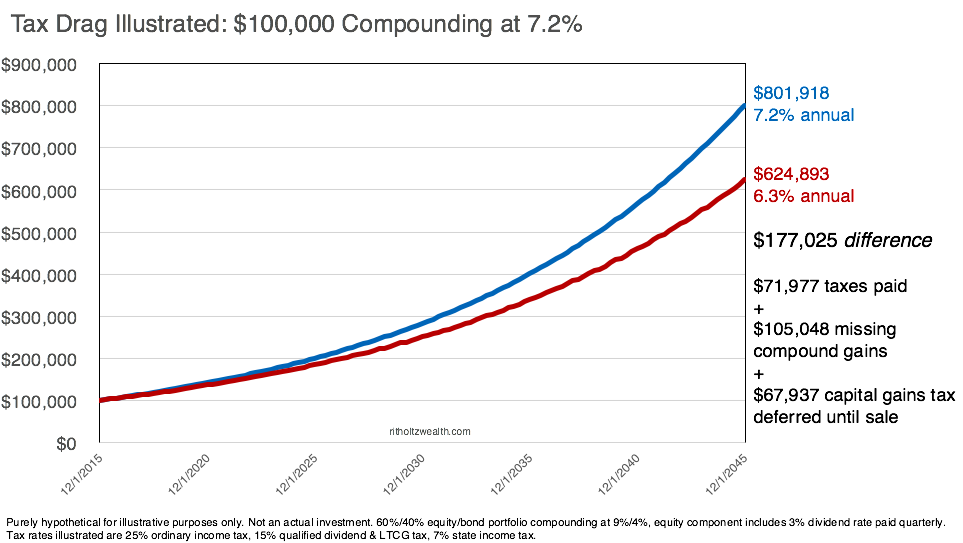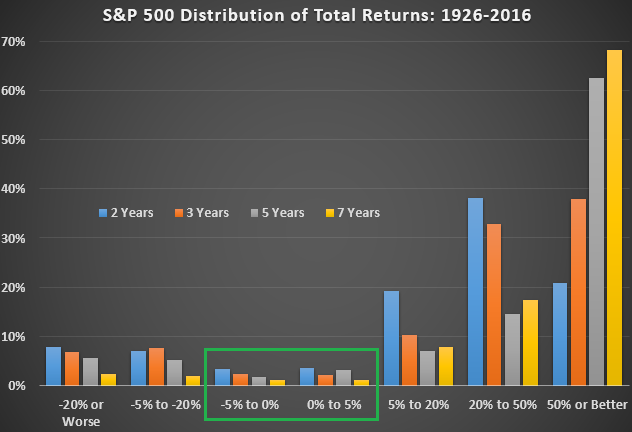The always interesting Ben Carlson put out some things he doesn’t understand, and I have thoughts on them, so I figured I might as well put them on the internet. Much easier than coming up with an original post.
Why has the average credit card rate remained at ~15%? Interest rates on mortgage, bonds and car loans have all fallen drastically since 2007. Why not credit card rates? I understand these rates need to be higher but why has the spread compared to other credit instruments not compressed at all?
I mean, from the link provided, it looks like spreads did compress on interest paying accounts (which I think the the metric that matters here) by a point or so. I’d guess it didn’t move as much as other things because many people who became interest payers lost their jobs, and [source needed] those people had the hardest time in the recovery.
What’s the endgame with Bitcoin? I’ve read that it’s going to revolutionize online payments as we know them…or it’s going to be a complete failure as a currency that’s over-hyped by techies who hate the government. I have no idea on this one and wouldn’t be surprised by either outcome.
Now this is a good question. The zeitgeist has been quite certain that bitcoin was the medium through which the panacea of the blockchain would reach the world. My guess is that it is myspace to an unknown facebook as far as currencies go.
Why aren’t there seat belts on every bus in America? I’ve seen the videos where the kids get thrown around like rag dolls when a bus gets into an accident. We have to wear seat belts in cars and kids have to sit in a car seat until like age 15 these days, but they don’t need to wear a seat belt on a bus?
I believe the better question is, why not make buses more dangerous?
Why do investors always ask if it’s time to sell stocks after they’ve fallen and then ask if it’s time to buy after they’ve risen?
I actually see a fair mix of this question from clients — it’s the pundits who are most guilty of being completely beholden to following the momentum of the market.
Let’s say you’re a pension invested in Bill Ackman’s hedge fund – How do you explain to your investment committee what your strategy is for that allocation going forward? Ackman’s track record is phenomenal but he obviously has blow-up potential and risk management issues. He’s put his investors in an unenviable position.
Hopefully the investment committee (and the board) were well prepared ahead of time for the potential of something like this. I don’t think there’s an ex post facto answer.
Does premium gasoline really make a difference versus using regular? How about paying $15 for the super car wash versus the $5 express wash? It seems to me that both of these options are the result of marketing over improved quality.
I have no idea if the premiums make sense, but I’m sure there’s a reason race cars and airplanes use different octane gasolines than regular.
How do negative interest rates affect debt-to-GDP ratios? Shouldn’t the debt-to-GDP ratios be going down for all of these countries offering negative interest rate-paying bonds because they’re not paying any interest on their debt?
All else equal, a negative interest rate bond would represent less debt than its interest rate bearing counterpart, but it’s still mostly the same, a -1% bond and a 1% bond are still going to represent something close to face value worth of debt.
Why do people these days think in such extremes? We’re constantly focused on predicting regime changes and black swans. Everything has to be the greatest or worst thing ever. Markets are always either at top or a bottom. Everything is either over- or under-rated. Nothing is ever properly rated these days.
Everyone is a contrarian.
If the 1990s were so great, why were the people still so miserable? The best pop culture movies from that decade (in no particular order) are probably:
- Reality Bites
- Singles
- Beautiful Girls
- PCU
- Swingers
Everyone in these movies was unhappy.
The 90s saw one of the greatest booms ever. Markets were up big. Economic growth was strong. Inflation was subdued. Jobs were plentiful. Nostalgia can cause people to assume that the past was much better than it really was, but even when things actually are pretty great, people probably still won’t be very happy.
Clearly the 90s are overrated.
Why haven’t we seen a mutual fund manager who embraces both active and passive management? They could invest something like 75-80% of their assets in the benchmark ETF or index fund and the remaining 20-25% could be used for concentrated stock picks. Wouldn’t this be better than the current crop of closet index funds?
Uh, I think the answer is that if people wanted 80% of their assets in the benchmark they could do that themselves. This seems unnecessarily complicated. Might be better than closet index funds though.
Why is there no robo-advisor in the real estate business yet? Real estate agents are still earning 5-6% commissions and house hunting can now be done online. Why has this industry not been disrupted yet?
Real estate commissions are hilarious, I can’t believe them either.
Why do companies get blamed for “missing expectations” when they release quarterly earnings numbers and not the analysts who create those expectations? Why don’t they ever say, “analyst expectations missed the actual results again”?
Because most people who report on finance haven’t got a clue.
Why isn’t there a national holiday on Thursday and Friday afternoon during the first weekend of March Madness? No one is getting any work done anyways.
Sign me up.
Why don’t more sell-side research analysts practice technical analysis? It seem that they’re all fundamental analysts who set price targets and tell you the value of a stock based on their discounted cash flow models, but they can rarely tell you when it’s a good time to buy or sell the companies they follow. It’s not like their track records could get any worse, right?
Because being a sell-side analyst is all about minimizing the amount of times you’re wrong.
Why are our dogs always so excited to see us when we get home? Every single day it’s like my dog and I have a reunion that feels like my she hasn’t seen me in years.
Maybe because they’re really young? I don’t have any kids, but do they have the same reactions at similar ages? If you’re gone for 10 hours for a 5 year old dog, that’s the same % of their life as being gone for 100 hours for a 50 year old human. And dogs are the best.
Before Google existed, did people just walk around saying, “I don’t know…” all the time?
I assume they must have.
Why aren’t subjects like personal finance, coding, psychology, leadership, problem solving and statistics mandatory in all of our high schools?
I’m thoroughly convinced that having a working knowledge of statistics would do more to get poor Americans out of poverty than almost anything else. It applies to everything.
Why do so many people assume that a politician can either solve or cause all of their problems?
Well because complex problems have complex answers, but if the problem is one person, it can easily be solved.





















